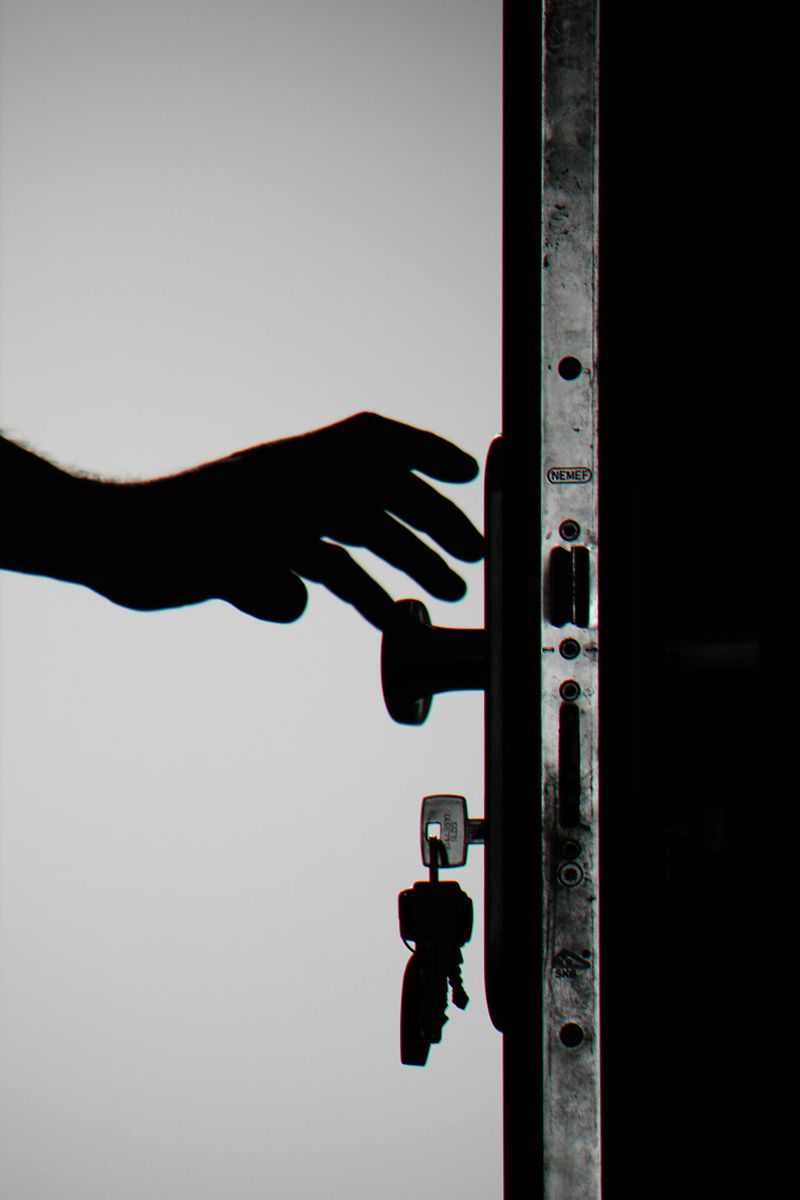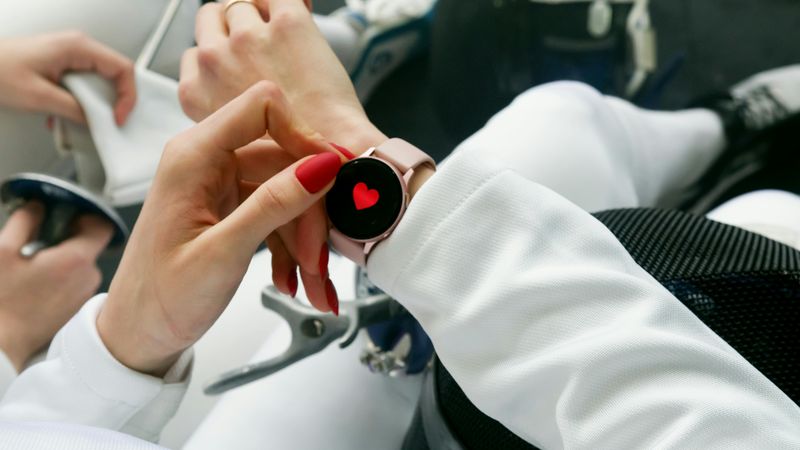12 Subtle Signs Your Body Is Asking for Rest

Our bodies often send us subtle signs that we need more rest, but these signs can be easily overlooked in our busy lives. Recognizing these signals is crucial for maintaining overall health and well-being. This article explores twelve subtle indicators that your body might be crying out for a break, helping you to identify when it’s time to slow down and recharge.
1. You’re Constantly Forgetful

Misplacing your keys for the third time this week? That’s not just bad luck—it could be your brain waving a white flag. Memory slips often creep in when your mind is overstimulated and hasn’t had enough downtime to file away information properly.
When rest is lacking, your brain struggles with short-term recall. That’s why you forget names seconds after hearing them or walk into a room and immediately wonder why you’re there.
It’s not about intelligence or aging—it’s about exhaustion. If forgetfulness has become your new normal, consider it a sign that your mind needs a break. Even small pockets of rest, like a power nap or a screen-free evening, can do wonders for your memory.
2. You’re Irritable Over Small Things

Ever snapped at someone for chewing too loudly or felt irrational rage at a red light? Irritability is one of the body’s sneakiest cries for rest. When you’re tired, your tolerance shrinks, and minor inconveniences feel like major crises.
A well-rested brain has the bandwidth to brush off annoyances. But when it’s running on fumes, emotional regulation takes a back seat. Suddenly, you’re short-tempered and easily frustrated, even with people you love.
If you’ve noticed yourself reacting more sharply than usual, it’s not a personality flaw—it’s fatigue. Giving your body the downtime it needs can bring back the patience and calm you didn’t realize you’d lost.
3. Your Cravings Are Out of Control

That irresistible urge for cookies at 10 a.m.? It’s not just a sweet tooth—it’s your body begging for quick energy because real rest is missing. Sleep deprivation messes with hormones like leptin and ghrelin, which regulate hunger. The result? Junk food cravings go wild.
Instead of reaching for fuel from rest, your body pushes you toward sugar, caffeine, and salty snacks. These give you temporary energy but send you crashing soon after.
When cravings feel stronger than usual, it’s often less about willpower and more about exhaustion. Before blaming yourself for “bad eating habits,” check whether your body simply needs more quality downtime.
4. Your Skin Looks Dull or Breaks Out More

If your reflection seems unusually lackluster, your skin might be telling you it’s exhausted. Stress and lack of sleep elevate cortisol, which can wreak havoc on your complexion. Dryness, dark circles, and surprise breakouts are often silent protests from your body.
Skin cells repair themselves most efficiently while you sleep. Without enough rest, that natural overnight recovery doesn’t happen, and your skin shows the difference.
Instead of investing in expensive serums, sometimes the best skincare product is simply a good night’s sleep. Your body—and your mirror—will thank you.
5. You Struggle to Focus

That blurry moment when you reread the same sentence three times? It’s not because the book is boring—it’s your brain saying, “I’m tired.” Lack of rest affects concentration, making it tough to stay on task.
When the brain is overworked, it’s like trying to browse the internet with twenty tabs open. Everything slows down, and nothing loads the way it should. Distraction becomes your default mode.
If concentration feels impossible, don’t fight it with more coffee. Instead, take it as a signal that your mind needs real rest. Even short breaks throughout the day can help reboot your focus.
6. You Catch Every Cold Going Around

Being the first person to get sick when a bug makes the rounds isn’t just bad luck. A tired body often has a weakened immune system, leaving you vulnerable to every passing germ.
Sleep plays a vital role in producing infection-fighting white blood cells and antibodies. Without enough, your defense system can’t do its job properly. That’s why minor colds linger longer and recovery feels harder.
If you’re constantly battling sniffles or coughs, consider whether fatigue is leaving your immune system defenseless. Rest is the cheapest and most effective form of prevention you can give yourself.
7. Your Muscles Feel Heavy or Sore Without Exercise

Dragging yourself out of bed and feeling like you’ve run a marathon, even though you haven’t exercised, is a red flag. Fatigue can make muscles feel achy, heavy, and sore, even after light activity.
This happens because rest is when the body repairs and rebuilds muscle tissue. Without enough downtime, recovery stalls, and soreness sneaks in—even from everyday movement.
If you feel like you’re carrying invisible weights, it’s not just “getting older.” It’s your body reminding you that repair requires rest. Gentle stretching, hydration, and sleep can make a big difference.
8. You’re Relying on Stimulants Just to Function

If your morning doesn’t officially begin until caffeine kicks in, or if afternoon energy slumps demand a second (or third) latte, your body may be waving the “rest needed” flag.
Stimulants mask exhaustion by giving temporary alertness, but they don’t solve the underlying issue. Over time, relying on them only deepens the cycle of fatigue.
Needing multiple pick-me-ups each day isn’t normal—it’s a sign your body is running on fumes. Swapping one cup of coffee for an actual nap, or prioritizing earlier bedtimes, can reset your energy in a healthier way.
9. You Zone Out More Often

Ever found yourself staring into space during a meeting, or realizing you’ve driven several blocks without remembering how you got there? Those “spacing out” moments are often your brain forcing micro-rest.
Daydreaming or zoning out may feel harmless, but they’re signals that your mental energy is depleted. The brain will literally disconnect for short periods when it’s overworked.
Instead of criticizing yourself for being unfocused, treat zoning out as a reminder that real rest is overdue. It’s your brain’s way of begging for a longer, intentional break.
10. You Have Trouble Regulating Mood

Feeling weepy over a commercial or snapping at friends for no reason isn’t always about emotions—it can be about energy levels. Fatigue makes mood regulation difficult, leading to more tears, anxiety, or irritability than usual.
Sleep and rest give your brain the chance to reset emotionally. Without it, even small stressors feel overwhelming. Emotional resilience takes a serious hit.
If your mood swings have been out of character, don’t automatically assume it’s stress alone. Your body could be nudging you toward a long nap or a consistent sleep routine.
11. Your Heart Rate Is Higher Than Usual

That subtle change in your resting heart rate could be your body’s way of telling you it’s overstressed. When you’re tired, your heart works harder to keep you going, and you might notice it beating faster even when you’re sitting still.
This isn’t just uncomfortable—it’s a sign of strain on your cardiovascular system. Over time, chronic exhaustion can raise risks for bigger health issues.
Monitoring your heart rate, whether through a smartwatch or just tuning in, can help you spot when fatigue is affecting more than your energy levels. When it spikes, rest is the prescription your body is craving.
12. You Feel “Tired but Wired” at Night

Lying in bed exhausted but unable to fall asleep? That paradox is your nervous system crying out for balance. Being “tired but wired” means your stress hormones are stuck in overdrive, keeping you alert even when you desperately need rest.
This often happens when you push too hard during the day, running on adrenaline. By the time night comes, your body has forgotten how to wind down.
The fix isn’t another cup of tea or endless scrolling—it’s creating consistent rest habits. Calming rituals like stretching, dimming lights, or reading can help reset your body’s natural rhythm and finally let you rest.

Comments
Loading…